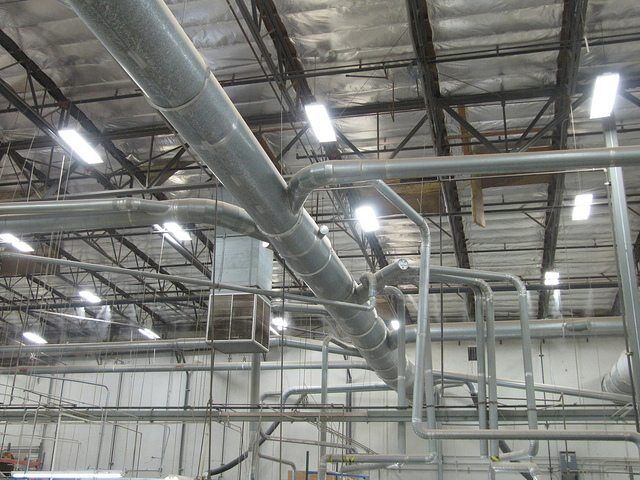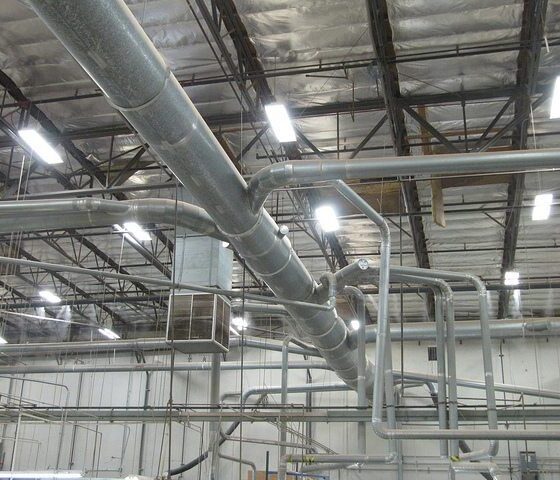

Features
Are you being compliant? Health and safety regulations explained
Health and safety is important, but you knew that already. However, have you checked your policy lately to ensure you are still compliant with the latest rules and regulations? If you have a high turnover of staff that require regularly training and updates, it’s important your health and safety policy is constantly updated too.
Employers have a duty towards employees and members of the public, and employees also have a duty to themselves and each other. What measures are carried out, according to the Health and Safety at Work etc Act 1974, relate to the principle of: ‘So far as is reasonably practicable’. Employers must act with common sense and enforce good management where possible to reduce risk.
Here are a few ways to ensure you are compliant and the biggest health and safety regulations that you need to consider:
Risk assessment
It’s important that your risk assessment is carried out and kept up to date. This document allows you to oversee all areas of your business and discover where tighter health and safety policies are required to reduce the risk of accident and injury. Take a closer look at how to complete a risk assessment via the HSE website.
PPE
If your workforce is dealing with heavy machinery, hazardous working conditions and extreme heat or cold it’s imperative their PPE (personal protective equipment) is up to scratch. A site such as Safeaid is an excellent place to start when searching for high quality PPE, and it also offers advice on regulations and certification required for the safety wear you need. The HSE website has details of the regulations required for those enforcing PPE:
PPE must be –
- properly assessed before use to make sure it is fit for purpose;
- maintained and stored properly;
- provided with instructions on how to use it safely;
- used correctly by employees.
Is staff wellbeing considered?
Staff wellbeing is one of the most important aspects of any health and safety regulation, and covers everything from time off work and the heating in a workplace in winter to the hours they can take at lunchtime. All of these are enforced due to health and safety, to ensure workers are not under strain and prone to accidents due to fatigue or stress. Take a closer look at your policies and ensure staff are being looked after.
Do you have the right insurance?
An insurance policy that protects not only your employees but your business too ensures that in the event of something going wrong you can pick things back up again. Your insurance policy will need to be backed up by your health and safety policy, to confirm all the right measures are in place and that accidents remain to be seen as accidents with no fault immediately being placed on the business itself.
When do regulations apply?
Regulations can apply across your industry, or based on whatever equipment you use. Ensure you read up on what is expected for each and action any regulations that are in place. The HSE proposes that regulations are carried out in a ‘goal setting’ form, detailing what must be done and how.
You may also be required to be prescriptive, detailing what should be done to ensure optimum health and safety. These are rules and regulations that cannot be changed or waivered, such as hearing protection being required for factory workers should the noise decibel rise above 85.
Take some time to pour over your health and safety regulations required and the actions already in place, ensure you are covered and seek the advice of a legal expert if you are unsure of anything.


 Environment12 months ago
Environment12 months agoAre Polymer Banknotes: an Eco-Friendly Trend or a Groundswell?

 Features11 months ago
Features11 months agoEco-Friendly Cryptocurrencies: Sustainable Investment Choices

 Features12 months ago
Features12 months agoEco-Friendly Crypto Traders Must Find the Right Exchange

 Energy11 months ago
Energy11 months agoThe Growing Role of Solar Panels in Ireland’s Energy Future





























